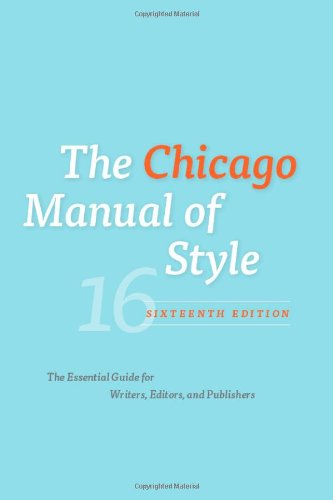We are thrilled to partner with Upcycled Library on an amazing giveaway! Featuring unique items created from old books, Upcycled Library is filled with one-of-a-kind handmade items by Kelly Liberona.
One lucky winner of our giveaway will win three original items (pictured below), including:
- Frankenstein Curled Book Page Ornament
- Framed Anatomical Heart Print (Printed on a page from Poe's The Colloquy of Monos and Una, 5'' x 7'' print comes framed in 8'' x 10'' frame.)
- Sewn Paper Heart Greeting Card (Includes envelope and address labels; features pages from Alice's Adventures in Wonderland, Humans of New York (the hearts), and Dickens' Christmas Stories (the envelope))
Entering is easy:
Terms & Conditions
- Entries must be received by Sunday, June 5, 2016 at midnight PST.
- One winner will be chosen at random on Sunday, June 5, 2016 at midnight PST.
- If we do not hear back from the winner by Sunday, June 12, 2016 at midnight PST, another winner will be chosen at random.
- One winner will receive one Frankenstein Curled Book Page Ornament, one Anatomical Heart (Printed on a page from Poe's The Colloquy of Monos and Una), and one Sewn Paper Heart Greeting Card (Includes envelope and address labels; features pages from Alice's Adventures in Wonderland, Humans of New York (the hearts), and Dickens' Christmas Stories (the envelope)).
- All entrants agree that by entering the contest, they are giving permission to have their email address added to the Dear English Major mailing list.
A Word from Kelly Liberona of Upcycled Library
Upcycled Library was born out of a love for books and library nostalgia. I was an English major myself and I looooooved all of my literature classes, reading great works and talking about their meaning. From there I went on to graduate school and received a masters in Library and Information Science, so technically I really am a librarian—I don't just play one on Etsy!
Upcycled Library has provided me this awesome creative outlet where I can give old books new life. Who wouldn't want to rock their favorite book in a necklace or on their living room wall?
I seek to incorporate the traditional paper book into everyday life in this day and age of digital. I make bookish items that I think other book nerds would like as much as I do.
I call it a "library" because I use library due date cards and Dewey decimal numbers throughout my work and regard my customer's orders as permanent "check outs" of titles. No need to worry about fines here!
I also have a strong sense of environmental responsibility which is why I love upcycling so much. All books used in my products have been previously read and loved and then I upcycle them into something new. I try as much as I can to use recycled materials for all aspects of my business and products and I try to create minimal waste.






































































